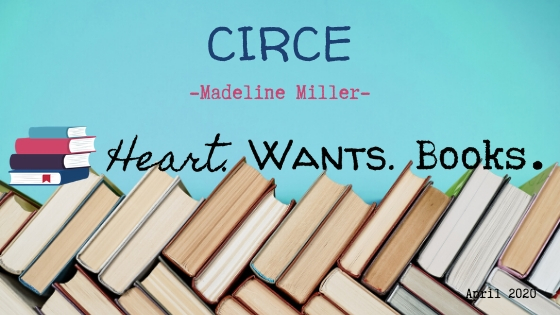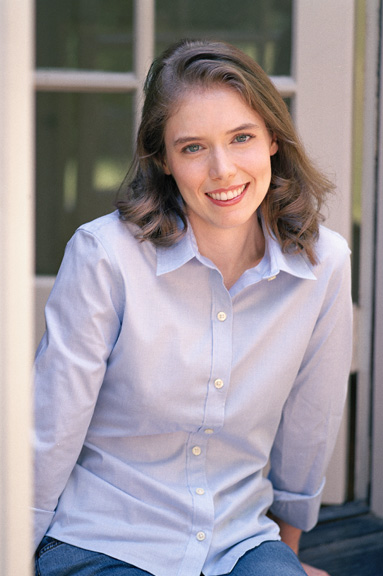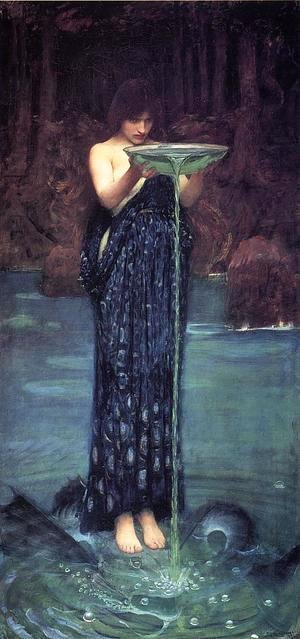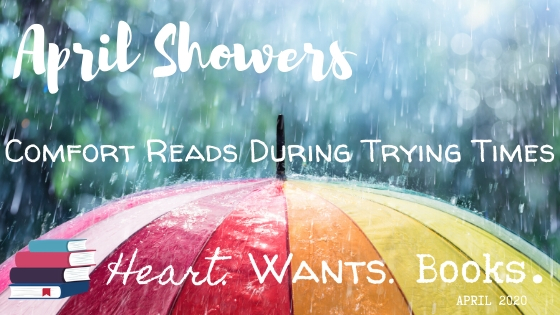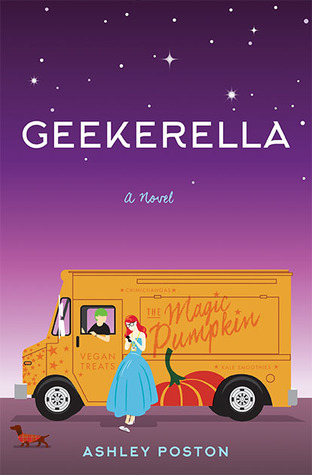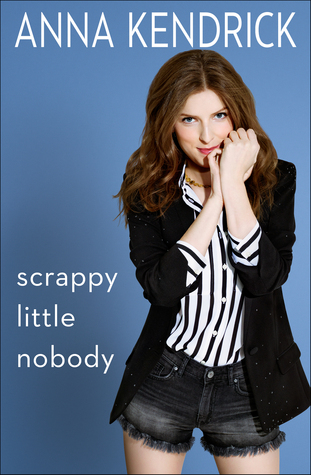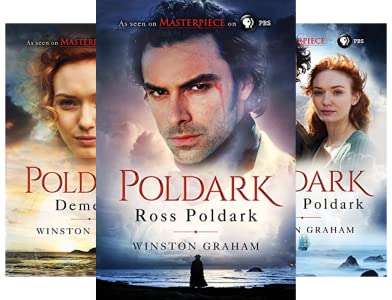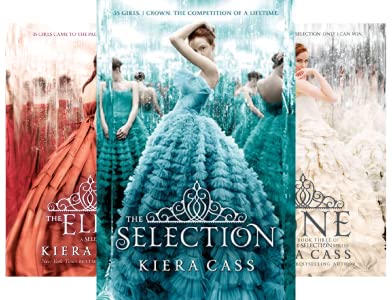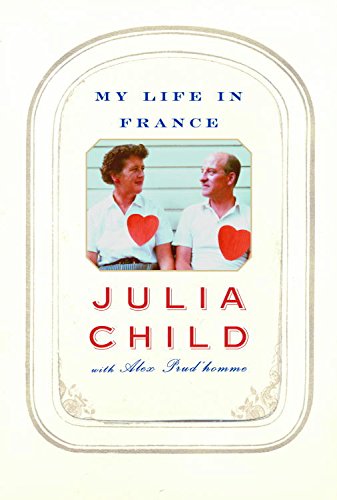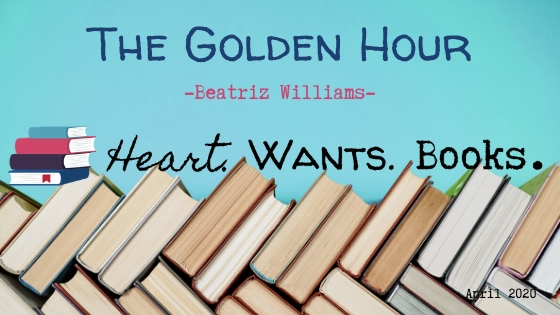
The following post includes affiliate links. More details here
First, a shameless plug: Heart.Wants.Books is hosting a virtual book club on Friday, May 1 at 7:30 p.m. CST. Click here to read the full details about why we picked Anne of Green Gables by Lucy Maud Montgomery (and a bonus pick for re-readers Nikki finished rereading over the weekend) and here to register. Now, for your regularly scheduled post.
When Nikki ‘assigned’ me the idea of doing a post on Books for Grads I got so, so excited. Cause I love me some non-fiction, self-helpy, make yourself and the world the best you can be, sometimes hokey, sometimes woo-woo-y, always enlightening, mumbo jumbo. I. Eat. It. Up. Like. Cookies. With Icing. And Sprinkles. (But, mostly because I know it works when done properly.) I debated on how I wanted to present a list of books for grads. Did I want to pick a few and call it done, missing out on so many opportunities to talk about this other one, or two, or five, or ten books? There’s no possible way I could have picked a book that would cover all of the topics that a new grad would need to know going into this stage of their life. New adulthood is here! It’s where a person is really and truly responsible for their daily lives without someone ‘older and wiser’ creepily looking over their shoulder. How does one prepare a graduate for that real life stuff? By sending them this blog post and a gift card so that they can start making their own damn decisions, that’s how.
You must be thinking at this point: How is she going to cover ‘every’ topic of life? You knew I had an answer, and you were just being mentally sassy at me. You see, darling readers, there’s this really helpful tool in the coaching world called the Wheel of Life. You can do a google image search and you’ll find something that resembles this:

The concept is that you take about five minutes and ask yourself on a scale of 1-10, 1 being the closest line to the center of the circle and 10 being the edge of the circle, where you land for satisfaction in each aspect of your life. By coloring in the wedge up to that line, you will be able to imagine what living your life feels like when that wheel starts turning. If you’re at a 3 in the Money & Finances area and 9 in the Recreation & Fun, you know you’re going to be in for one helluva bumpy ride through life regardless of where the other wedges lie. It is a means of visualizing how you can bring smoothness and balance into your life as a whole while not sacrificing anything that brings you joy. It helps one grow into a ‘well-rounded’ person. ::pause for dad joke groans::
After some pretty heavy internet research, because I can’t just go walking into a bookstore and touch all the books like I would have 2 months ago, and detailed scanning of my own shelves and TBR, I have gleaned a few well-liked and recommended titles for each of the eight wedges. I will indicate which titles I have read personally and which were either recommended by friends of the blog or the internet at large. I have limited each section to my top 3 titles for both balance and depth of choice. Here I am, doing a whole lot of super fun research and condensing it into bite size pieces of cheese so that you can bring the grads in your life the knowledge they so very desperately need. [The section below, dear readers, is how an Enneagram 1 brings the reform down to the masses. You. Are. Not. Ready. I might not have been either. But here goes nothing!]
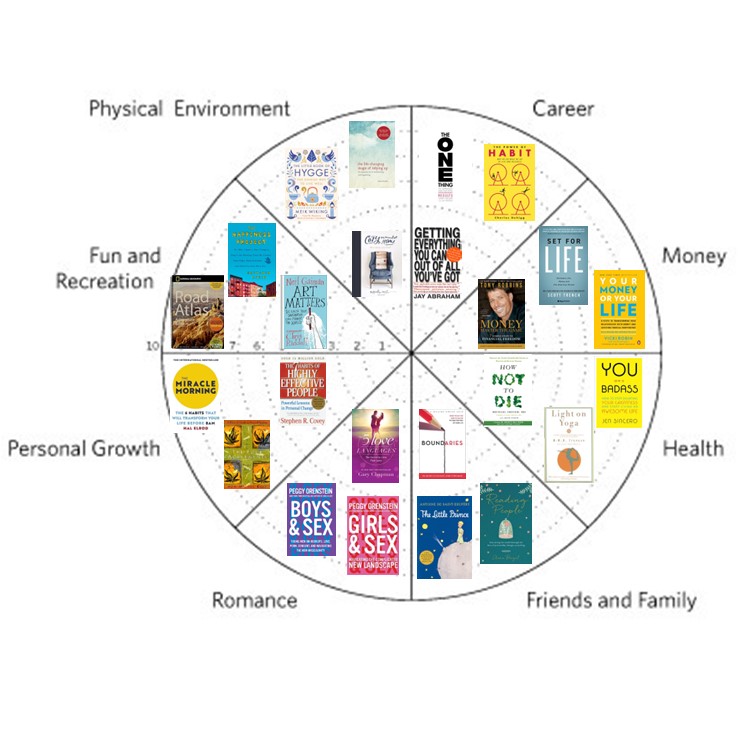

The ONE Thing: The Surprisingly Simple Truth Behind Extraordinary Results by Gary Keller and Jay Papasan – If you remember from our Reading Life Review posts all year, this book has been on my In Progress list. I did in fact finish it this month, but it was a re-read so I didn’t have ants in my pants over my progress. This book will have repercussions in every area, as it helps you work towards finding the ONE THING you need to do right now in order to meet a big goal or accomplishment. It can help a lot in time management, breaking down big goals into bite-sized pieces, and understanding how what we do every day builds up to what we have on those far off horizons.
The Power of Habit by Charles Duhigg – This has been on my TBR for quite a while, but the main reason why I included it on this list is because there are over Three. Hundred. Thousand. Star ratings on GoodReads for an average of 4.10 stars. Using examples from everyday life and his personal experiences, Duhigg explains the science of how habits work, and how we can change our lives, businesses, and communities by putting that knowledge to work.
Getting Everything You Can Out of All You’ve Got by Jay Abraham – This is on my TBR and was a suggestion from the National Association of Realtors’ podcast for books to read in 2020 to grow your business. I’m going to let the blurb copy speak for itself:
“In Getting Everything You Can Out of All You’ve Got: 21 Ways You Can Out-Think, Out-Perform, and Out-Earn the Competition, the program focuses on helping you spot the hidden assets, overlooked opportunities, and untapped resources around you, and gives you, and gives you fresh eyes with which to see and capitalize on them. You’ll also learn how to adapt and apply these tools to your unique circumstances to maximize your income, influence, power, and success.”

Set For Life by Scott Trench – I read this book in 2018, and I wish it had been available for me when I had first graduated high school or even college, but reading it in my thirties was still informative and eye-opening. Like many personal finance books, Set For Life talks about staying out of consumer debt and having cash reserves for emergencies, but also talks about ‘house-hacking’ your living situation to reduce housing costs and the best ways to minimize your transportation budget – the two largest expenses in most budgets. It would be the first book I would recommend to a recent grad about money and finances.
Money: Master the Game by Tony Robbins – I read this book last year and the knowledge this tome imparted was life changing. About finding your five financial numbers for security, vitality, independence, freedom, and absolute freedom – the investment number you need to live on to reach those is lower than you think. Then all the overviews of the way many famous money masters have reached the top, without having to read through each of their respective works.
Your Money or Your Life by Vicki Robin – I read a previous edition of this book, but the concept that Vicki Robin and Joe Dominguez discuss is that how you make money does not determine your personal worth, it’s just how you grow your net worth. Your career doesn’t have to be something that you love to do, just something that you do that makes you enough money to live the life you want – so that you can save money and life off your investments in the future.

Boundaries by Dr. Henry Cloud & Dr. John Townsend – This book does come at changing your relationships from a healthy, yet Christian, perspective. Everyone needs to learn when to say yes and how to say no in order to keep yourself in a healthy mental state and your friends, co-workers, parents, children, spouse, and even your inner self, respecting the limitations you set to keep your life from becoming overwhelming.
Reading People by Anne Bogel – Personal relationships are influenced by how one person’s personality type interacts with another person’s personality type. Without knowing the typologies of personality, there’s no basis to predicting or changing the way we relate to others. Anne Bogel hands us a concise overview of several personality frameworks, including Myers-Briggs, the Enneagram, and StrengthsFinder. By starting with what interests us, figuring out our own personality type within each framework, we’re able to see how we can change our relationships.
The Little Prince by Antoine de Saint-Exupéry – I read this book for the first time in its original French in high school. I don’t suggest you purchase the French for your grad (unless they can read it!) but the Richard Howard translation (with audio read by Viggo Mortensen) is lyrical, satirical, and poignant in all the proper places. I included it in the family and friends section because it talks about the way we the most important things in life are seen not with the eyes but with the heart.
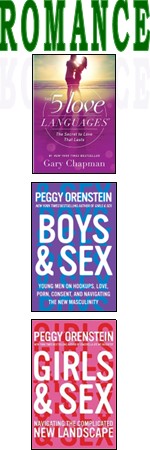
The Five Love Languages by Gary Chapman – Not only will exploring the love languages change the way you relate to your significant other, but anyone with whom you are in close relationship – a parent, friend, and even a roommate. It’s most useful in understanding how you need to be loved in order to communicate your needs to others and have a full love tank so that you can spread that love around. If your needs aren’t being met, then how can you meet the needs of those you love.
Boys & Sex and Girls & Sex by Peggy Orenstein – These two books are on both mine and Nikki’s TBRs. Each book focuses on how modern young adults navigate sexuality in a world where they are exposed to so many different examples and expectations, and knowing what is ‘normal.’ More importantly, they explain how we can do better for ourselves and our partners in intimate relationships.
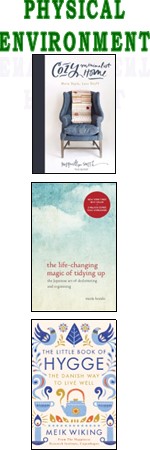
Cozy Minimalist Home by Myquillyn Smith – Recommended by both heads of Heart.Wants.Books. Learn how to make your home (or dorm) reflect your style, while using only the most cozy and comfortable items. Nikki says, going into a dorm or a first post-college apartment might be the perfect time to read this book about making your space simple and suited to your life, but really, there isn’t a bad time, and I have to concur.
The Life-Changing Magic of Tidying Up by Marie Kondō – Or how to curate your home with only the items that bring you joy. Packing up to head to campus would be an excellent time to ask every piece of clothing, piece of paper, photograph, and childhood trophy whether or not it brings you joy, and if it doesn’t, it needs to be removed from your life, without guilt. Read this book. Start your process. And learn to enJOY the things in your life.
The Little Book of Hygge by Meik Wiking – The Danes have been proven to be the happiest people on earth. Meik Wiking is the CEO of the Happiness Research Institute in Copenhagen and says the answer to their being so happy is hygge, pronounced hoo-ga, a feeling and experience of comfort, togetherness and well-being integral in Danish life. Learn how to bring a little bit of that happiness into your life and home today.
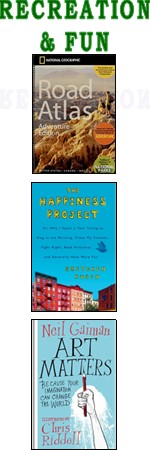
National Geographic Road Atlas 2020: Adventure Edition – From a practical perspective, any driver should have a printed map in case of the zombie apocalypse, or just a dead zone in their cell phone service. This version has additional resources for tourism offices and lots of National Parks. It also includes maps of Canada (Cold) and Mexico (Hot). It’s better than continually printing out those MapQuest pages… did that just show my age?
The Happiness Project by Gretchen Rubin – This has been on my TBR (and Nikki’s bedside table) for years now, how long, over ten since there is a 10 year anniversary edition of this book available. I think the subtitle for this book gives you all the detail you need to know as to why this made the cut without my having read it: “Why I Spent a Year Trying to Sing in the Morning, Clean My Closets, Fight Right, Read Aristotle, and Generally Have More Fun.”
Art Matters by Neil Gaiman – Nikki Here. This tiny little book is chock full of inspiration for creatives of all sorts. I’m not particularly crafty or artsy, but I do enjoy writing and imagining and just adored this book. It’s the type that could be easily read in one sitting, or slowly over a number of days (or even weeks) and is joyful through and through.

Light on Yoga by B. K. S. Iyengar – Recommended by a friend of the blog, yoga teacher, and writer extraordinaire, Meghan O’Dea. She delivered when I asked for a book on yoga that explains the different practices, the importance of breathing and meditation techniques, and a compendium of poses. Both Nikki and I love our yoga practice (or my current lack thereof) for its mental and physical health benefits.
How Not to Die by Dr. Michael Greger – Sometimes the internet is filled with a lot of confusing woo-wooy pseudo-science and fad diets. This book, written by an actual doctor of medicine who happens to be the founder of nutritionfacts.org talks about the lifestyle and nutrition steps we can take to fend off chronic disease rather than depending upon pharmaceuticals to manage our symptoms. The website is a great resource for “peer-reviewed nutrition and health research.” You know, actual science.
You Are a Badass by Jen Sincero – I talked about this book way back in January when it was on my top 3 non-fiction books of 2019. You might be thinking, why is this book not in the Personal Growth section? Well, it could have fit there, but I had other things I wanted to talk about, so we’re going to use this book to focus on our graduate’s mental health. Having strong self-knowledge, especially about one’s capabilities, creates mental perseverance that will pull your grad through college and beyond.
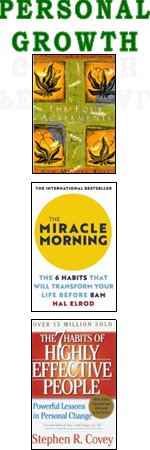
The Four Agreements by don Migel Ruiz – I’m ashamed at how long it took me to read this book after it was given to me as a gift many years ago.( CCJ, I’m ridiculously apologetic for having started it and subsequently leaving my gift receipt bookmark in the middle of chapter one for far, far too long.) I read this short book in preparation for writing this post. The ancient Toltec wisdom contained therein isn’t new information on how to live a good life, but it’s presented in four basic steps that when followed can transform your life.
The Miracle Morning by Hal Elrod – Rather than purchasing the original book, The Miracle Morning for College Students might be a better choice for grads. I’ve read three versions of this book and each of them brought something different, except for the six principles for creating change in your life, the Life S.A.V.E.R.S. Needless to say, when I stick to this first thing in the morning routine (there’s very little possibility of me being coherent more than an hour before 8am…) my day, my week, and my month are so much more fulfilled and productive. Don’t knock it until you try it for 30 days.
The 7 Habits of Highly Effective People by Stephen R. Covey – I can’t remember the first time I read this book, but I’m pretty sure it was sometime in college. It has been on my shelf since my Uncle James gave me some advice for job-interview prep, pick it up and read from it before your interview in order to truthfully answer the question “What’s the last book you read?” with this title that shows you are invested in personal and professional development. The link included is for the 30th Anniversary Edition that will be released next month with fresh insights by Sean Covey and a new foreword by Jim Collins. I might order the new e-book for my kindle and re-read this summer. Anyone want to join me?
Nikki here: Clearly we love books, and we think books make great gifts, but just like any gift, know your recipient. If they’re a finance major, perhaps personal finance isn’t a topic they need more books on (unless you know them really well). Maybe your grad is moving to a conservative Christian dorm, and you don’t want them to have a bright yellow book that says “Badass” on the cover…or maybe that’s the perfect gift for them. For the serious minimalist, they probably don’t need Marie Kondō (and perhaps have watched the Netflix show too), but Cozy Minimalist Home might be just the thing. When in doubt, as Ashley said earlier, a gift card is always a good plan. If you go with the gift card route, consider your recipient there too. Would they prefer Amazon, a big box store, or an Indie?
What’s a book you’re excited to give to a graduate, or, one you wish you’d have received as a graduate?
~Ashley

